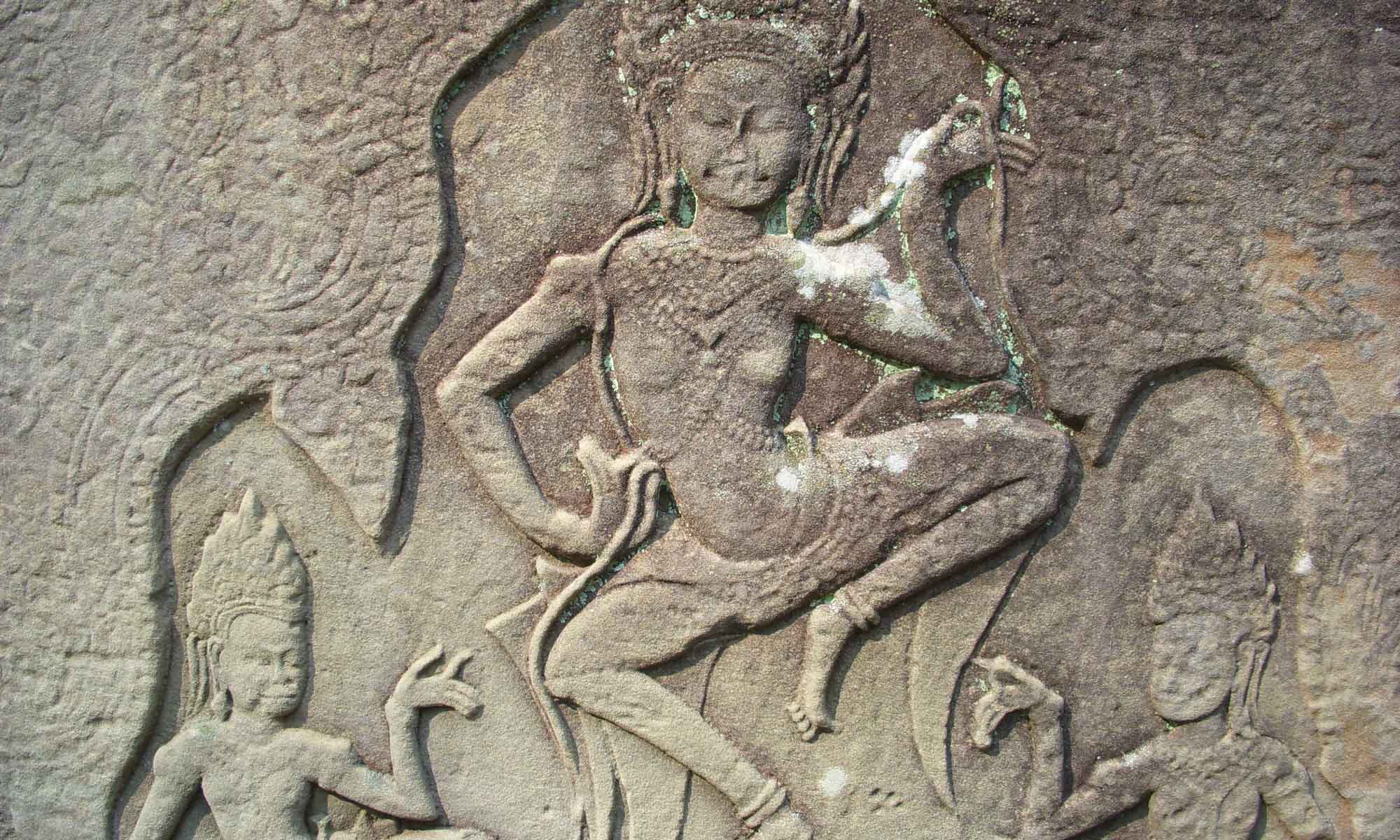Friday March 28, 2025, Westward Look Inn, Tucson AZ
Encounters with the Wisdom of Iona’s Beach
with Carol Geisler and Janet Marinelli

An ancient beach called us to her pink volcanic rock shoreline on the shores of Lake Superior. We trust that long before this was named Iona’s beach, indigenous people felt the sentient nature of this place; its rocks, water and waves, sun and wind and fog, plants, and animals. A Finnish immigrant family ran a resort on the land where Iona Lind saw and felt the magic/mythic nature of the “singing” beach. Sixty years later, instead of selling the land, Iona wanted all people to be able to access the 11 acres; it is now a Scientific and Natural area free to all through the State of Minnesota. Iona’s beach communicates to those who listen and offers many lessons: historic, scientific, spiritual, archetypal, psychological, ecological and the presence of the divine feminine.
Iona’s beach presents paradoxes: Indigenous roots/colonization, science/spirituality, seriousness/playfulness, taking/giving, and harming/restoring. As guests on the beach, we experienced much beauty and joy, and we witnessed transgressions against the balance of nature and struggled with how to respond.
We’ll explore what it’s like to be called to a soul place, go on pilgrimage, enter a portal, and open to the awesome and unsettling messages that arrive. We will describe our own sacred, painful, and funny journeys with Iona’s beach, show whimsical photos of the magical stones, and invite you to reflect on your experiences with animal, plant, and earth intelligence and to remember the power of place and interconnectedness in our journeys.
Carol Geisler, Ph.D., Professor in the Master of Arts in Holistic Health Studies at St. Catherine University. Carol’s life journey is one of integrating mind, body, spirit. She uses her experiences as a psychologist, nurse, researcher, holistic healer, ritualist, mother, and collaborator to inform her work in the world.
Janet Marinelli, M.S.,Assistant Professor in the Master of Arts in Holistic Health Studies at St. Catherine University. Janet enjoys working with students at the graduate level and in community workshops. Topics that form a foundation for her work include the creative arts, energy healing, spirituality, transformative learning, and circle process. An overarching theme of Janet’s work is transformation, and she deeply appreciates exploring with others on the journey.
Read all about the ASWM Conference and register here.






You must be logged in to post a comment.